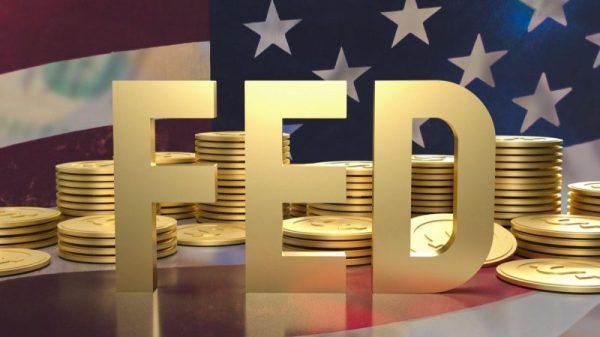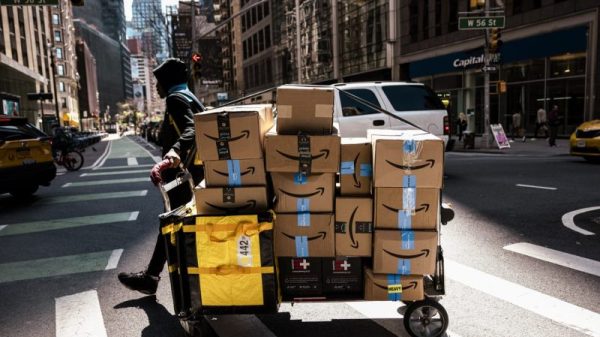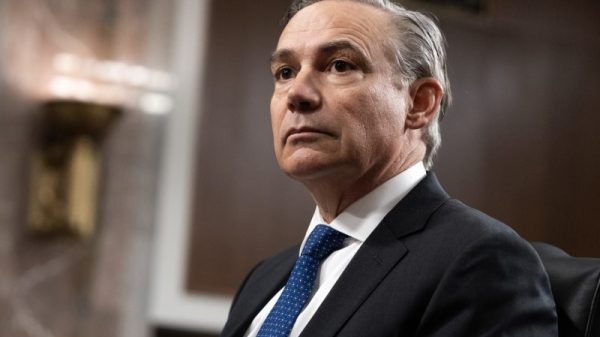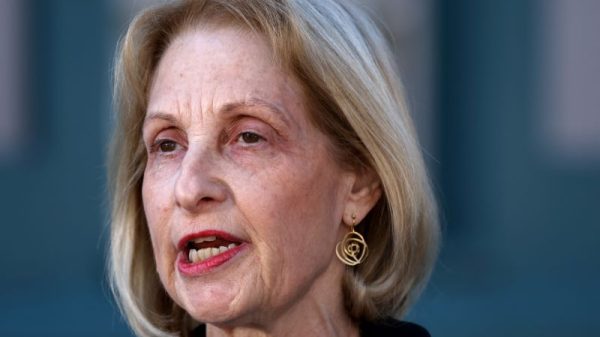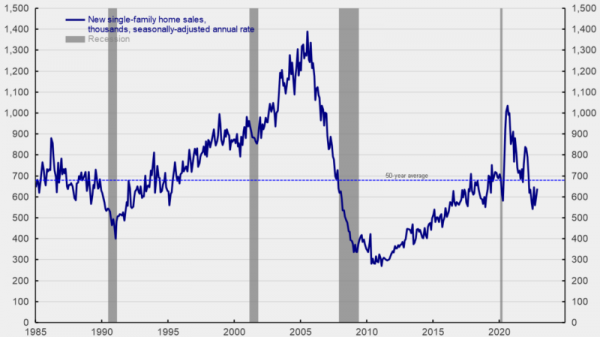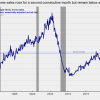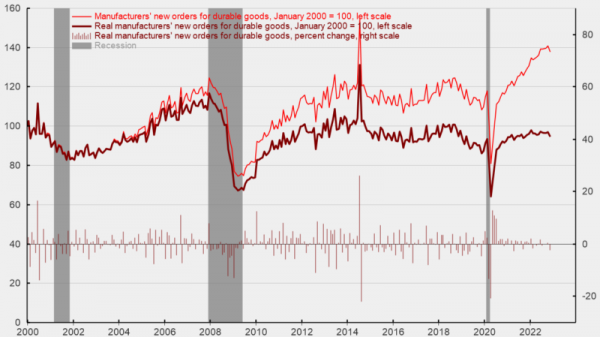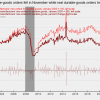
Dynamic pricing is receiving a lot of attention, given the media storm surrounding the recent sale of Taylor Swift’s concert tickets. Problems with pre-sale pricing and ticket availability for Swift’s “Eras” tour frustrated fans and prompted politicians to cry foul concerning Ticketmaster’s sales strategy.
Alexandria Ocasio-Cortez was among the the first to assert that Ticketmaster’s supposed monopoly status should be “reigned in,” while other members of Congress such as Amy Klobuchar, Ilhan Omar, Richard Blumenthal, David Cicilline, and Bill Pascrell also felt it necessary to denounce the dominant status of Ticketmaster.

This isn’t the first concert that had fans fans demonizing Ticketmaster for its dynamic pricing policy, and this isn’t the first time government officials vowed to intervene in the live entertainment sector. In light of recent events, let’s clarify what dynamic pricing is, why it is a worthwhile strategy for firms to pursue. Politicians should refrain from playing referee, particularly since a firm’s reputation, rather than regulation, plays a greater role in remedying consumer concerns. In fact, in under a month’s time, Ticketmaster has not only apologized to fans for the debacle but has already started the process of making amends by announcing that Verified Fans will have a second chance to purchase tickets for the coveted concert. That response rate is unheard of in the halls of Congress.
Why Demand Levels Should Determine Prices
Dynamic pricing has been around in some form or other for centuries. It is a pricing policy that allows for variations rather than one that is fixed. During the 1950s, however, price adjustments were beginning to be harnessed as a strategic matter in relation to demand conditions. Nobel Laureate William Vikrey proposed that prices should increase for public transport systems at peak periods to lessen congestion. His discovery that a change in price could influence use and consumption patterns by either stimulating or suppressing demand appealed to the interests of the private sector.
Under a dynamic pricing policy, prices shift according to market conditions, consumer interest, and competitive pressures. Thanks to technological advancements that can assess changes in these factors, companies can better determine demand levels, and pivot their prices, in near-real time.
With dynamic pricing, last-minute tickets to a show can either be a steal if there are unsold seats, or can cost a small fortune if those seats remain in high demand. A Tik Tok influencer demonstrated this by spending $10,000 on two tickets to a Harry Styles concert.
Dynamic pricing happens all around us, and anyone who has rushed to a restaurant to take advantage of happy hour deals knows all too well how crucial it is that their server input the order before the hour is up. Those who prefer to dine late must forgo the happy-hour price perks. This illustrates an important benefit of dynamic pricing: it furthers opportunities for price discrimination. Despite the negative connotation, price discrimination can be a strategic move. Different markets are charged different prices for the same offering, as in the classic example of granting student or senior discounts for movie tickets when other ticket buyers (seeing the same film in the same theater at the same time) pay full-price.
Why Both Companies and Customers Leverage Dynamic Pricing
Another important aspect of a flexible pricing approach is that it can create opportunities for cross-subsidization within a firm. Charging a higher price to a market who is willing and able to pay for it allows a firm to offer the product at a lower price to a market with limited purchasing power. Price differentials and price adjustments should be harnessed in a dynamic and interconnected marketplace, and indeed it is common practice.
Price adjustments occur not only across the globe, but also across the street. Retailers like Target will adjust their in-store and online prices in relation to local economic factors, and its savviest shoppers know to adjust their preferred store zip codes and clear their caches to take advantage of price match policies when they are in their favor. Just as technology has enabled firms to track trends and pivot prices, it has also enabled consumers to compare prices in real time, submit requests for returns, and vocalize concerns.
Prices can rise or fall under a dynamic pricing policy, and such an approach works best if the perception of consumer surplus is kept intact, meaning consumers believe they are receiving something of greater value as compared to the price.
Why The Consumer Remains King In A Free Market
When done well, dynamic pricing adapts to consumers; when done poorly it is seen as taking advantage of them. Yet, it is important to bear in mind that the consumer is never truly captive. If a price is too high, because demand is too great or supply is too scarce, consumers are not forced to buy. For this reason, businesses should take care regarding consumer interests, and charge what they can when they can.
Ticketmaster has the right to charge what it wants, as it has assumed the rights to the seats at the venue where Taylor Swift performs. And Swifties have the right to refuse purchasing those seats if the show is not worth it to them. Moreover, Taylor Swift has the right to establish her own ticket distribution system if she is unhappy with Ticketmaster’s functionality as an intermediary between her shows and her fanbase.
Over 14 million users flocked to Ticketmaster’s website to make a purchase during the pre-sale release and, according to Ticketmaster, to meet that level of demand “Taylor would need to perform over 900 stadium shows (almost 20x the number of shows she is doing)…that’s a stadium show every single night for the next 2.5 years.”
It seems it is not Ticketmaster pushing up prices, but rather fans’ demand.
As consumers, we must remember that in a market-based system, consumers determine what is of value, what is demanded, and what is consumed. To maintain such authority, we would be wise to use our wallets, rather than Washington cronies, to curtail costs.

